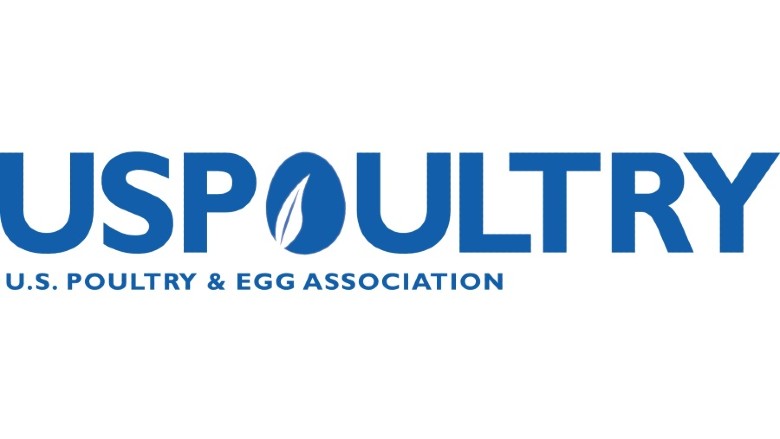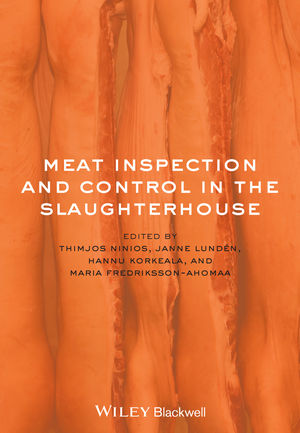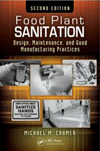Researchers compare approaches to regulating Salmonella in poultry
University of Illinois at Urbana-Champaign and Cornell University professors complete their poultry industry research project.

USPOULTRY and the USPOULTRY Foundation announce the completion of a funded research project at the University of Illinois at Urbana-Champaign in which researchers completed a risk assessment comparing alternative approaches to regulating Salmonella in poultry. The research was made possible in part by an endowing USPOULTRY Foundation gift from Cooper Farms and proceeds from the International Poultry Expo, part of the International Production & Processing Expo. The research is part of USPOULTRY's comprehensive research program encompassing all phases of poultry and egg production and processing. In total, more than $36 million has been invested in research by the association and foundation since the 1960s.
The project, #BRF015: Risk Assessment Comparing Alternative Approaches to Regulating Salmonella in Poultry by Public Health Impact Factors, was completed by Dr. Matthew J. Stasiewicz, University of Illinois at Urbana-Champaign, and Dr. Martin Wiedmann, Cornell University.
Dr. Matthew Stasiewicz, associate professor of applied food safety at the University of Illinois at Urbana-Champaign, along with Dr. Martin Wiedmann, professor at Cornell University, recently built a quantitative microbial risk assessment of Salmonella in poultry products to assess the likely impact on foodborne disease of interventions, performance standards and regulations targeting Salmonella levels and/or specific serotypes. The data showed that contamination with high levels of high-virulent serotypes is rare in finished chicken parts. Yet, this risk assessment suggests that most of the public health risk from chicken parts is concentrated in those rare products with high levels of high-virulent serotypes.
The research summary is available on the USPOULTRY website. Information on other association research may also be obtained by visiting the USPOULTRY website.
Source: U.S. Poultry & Egg Association
Looking for a reprint of this article?
From high-res PDFs to custom plaques, order your copy today!







